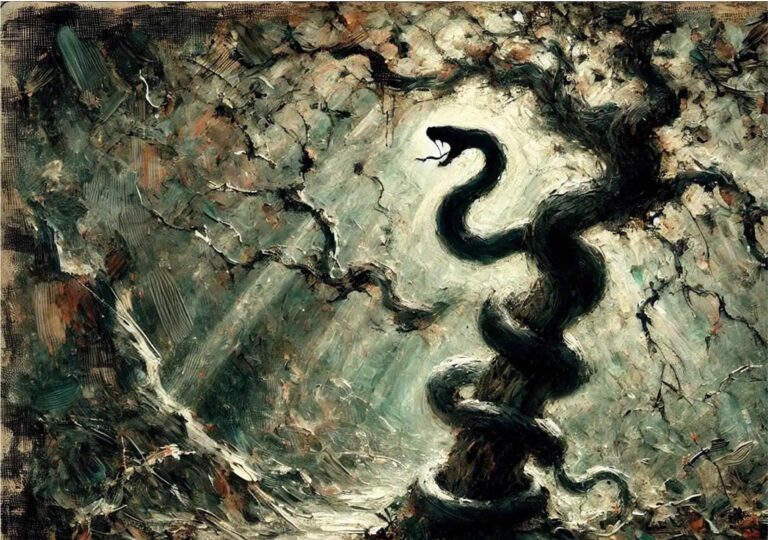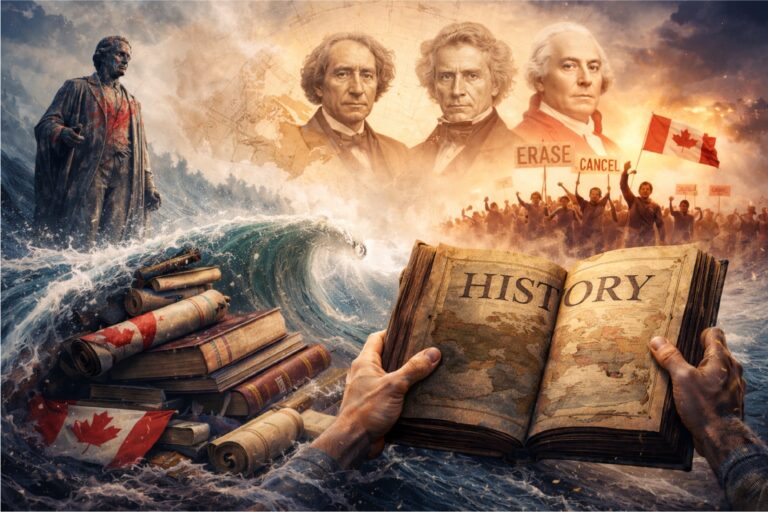It was not my expectation to find myself again writing about Justin Trudeau and his interaction with the law, but he continues to misinterpret, misstate and misapply basic legal principles about which a political leader should be aware. And if not personally aware, should get some advice.
In a May article for C2C Journal, I addressed Trudeau’s invention and public declaration of a non-existent right to abortion under Canada’s Charter of Rights and Freedoms. Trudeau called an impromptu press conference to announce he was imposing on potential candidates for the Liberal Party his personal opinion that the Supreme Court of Canada had found a Charter right to abortion in its 1988 decision in R. v. Morgentaler. In order to run for the Liberal Party of Canada, candidates would have to agree with his position that there are no legal limits on abortion, and not challenge that position.
Restricting the voting privileges of members on matters of conscience may be his prerogative as leader of his party, but it effectively eliminates as candidates everyone who has actually read the Charter of Rights and Freedoms or the Supreme Court’s decision in R. v. Morgentaler. Although one of the seven justices who heard the case suggested there ought to be some form of right to abortion at some stage in a pregnancy, all seven acknowledged that the Charter provided no such right; and, that acting on behalf of Canadian society as a whole, Parliament had in interest in the foetal child which it could choose to declare. The myth of a Charter right does not create a Charter right.
Last week Trudeau held another hastily called press conference to announce that he had expelled two Members of Parliament from his caucus because allegations of misconduct had been made against them by MPs from another party.
Trudeau’s father famously said of MPs, “When they are 50 yards from Parliament Hill, they are no longer honourable members, they are just nobodies,” but the media have made sure the names of these two married men with families were shared nation-wide. Of course, the media attention was the purpose of calling a press conference.
Yes, allegations of misconduct – and the media has reported it as sexual misconduct, identifying the complainants as two female MPs of the New Democratic Party – need to be taken seriously. However, such allegations also require a measure of procedural fairness take place before verdict and sentence are pronounced. It’s a proud and important part of our legal history as a free and democratic society; a cornerstone of the rule of law.
Procedural fairness is not a complex process. First, a complaint is made, with the complainant prepared to have his or her identity made known. The complainant’s identity must be made known to at least a select group of people – although not necessarily the general public – including the person being accused, whoever is charged with the responsibilities of investigation and gathering evidence, and whoever bears responsibility for adjudication. Adjudication is a process which includes providing the accused with opportunity to respond to the complaint, including knowing who the complainant is and all details of the allegations being made, before the decision maker assesses the testimony/evidence and makes a decision.
There are a few knowledgeable and well respected lawyers in the Liberal caucus – and no doubt the Party has others on retainer – who would be more than competent giving advice on due process if asked.
Media reports indicate that Parliament has a confidential process that will now be followed in response to these allegations. However, Trudeau has jumped ahead of that process in announcing his verdict. He also has jumped ahead of the complainants’ reported desires that this matter be kept private, without consulting the complainants or providing procedural fairness to the expelled MPs. And, just as he did with his declaration on abortion, he has surprised members of his caucus by going directly to the media to effectively announce how little he knows about the law.
Trudeau grew up in the home of a Prime Minister. He is 42 years old, has been a Member of Parliament for six years, and leader of his party for nearly two. He should know that taking action based on popular myths about what women might want – whether a “right” to abortion or pre-emptive punishment for alleged misconduct – is not the same as taking proper action.
In his defense, Justin Trudeau’s not a lawyer. Maybe he should talk to one.
~
Don Hutchinson is an Ottawa lawyer.






